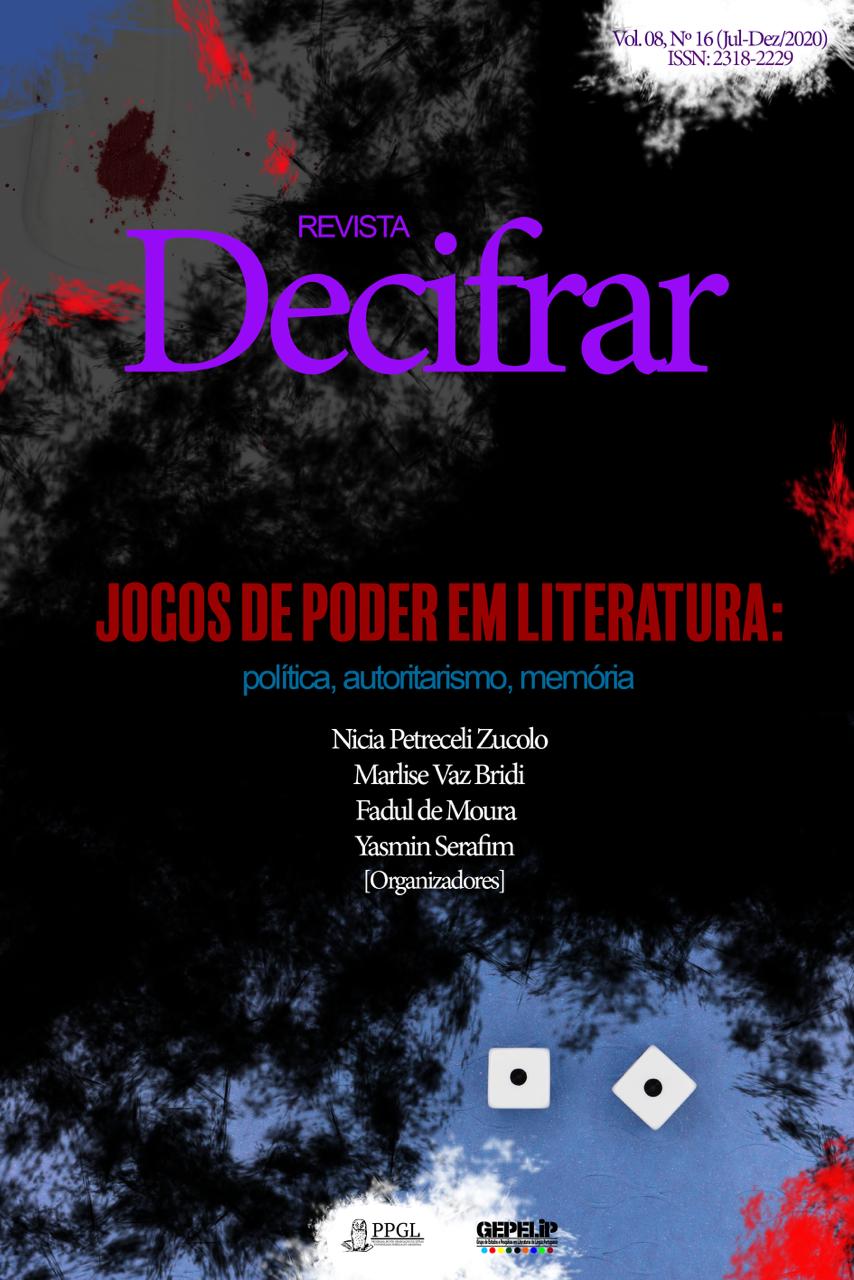MONTEIRO LOBATO E A CRISE DO CAFÉ: O CAIPIRA NO CONTEXTO PRÉ-MODERNISTA
DOI:
https://doi.org/10.29281/rd.v8i16.8094Resumo
Este artigo tem por objetivo identificar elementos formadores do conceito de pré-modernismo na criação literária brasileira em vista da mudança de paradigmas que tem efeito com o advento da Primeira República e o início de seu declínio em razão da crise que atinge de modo contundente as lavouras de café no Vale do Paraíba. A essa situação agrega-se a observação precisa da narrativa de Monteiro Lobato, especificamente a partir da publicação das coletâneas de contos Urupês (1918) e Cidades mortas (1919), que mimetizam em seus momentos de maior tensão a relação entre o homem e a terra. Isso de decorre do esgotamento provocado pela monocultura do café e da adaptação dessa cultura às terras do Oeste de São Paulo, concorrendo para a decadência de uma região que até então vivera seu apogeu. Nesse contexto, reside o aspecto principal do que Monteiro Lobato traz para os primeiros instantes de sua obra, ao pensar acerca da literatura como um sucedâneo às condições sociais e econômicas que têm sua origem no atraso brasileiro. Por essa razão, cria em sua obra as personagens Zé Brasil, que não obteve maior êxito, e Jeca Tatu, sendo este último a representação máxima do que considera como estado de penúria do homem interiorano.
Downloads
Downloads
Publicado
Como Citar
Edição
Seção
Licença
Todos os artigos desta revista obedecem a licença Creative Commons - Attribution 4.0 International (CC BY 4.0).










